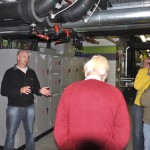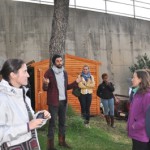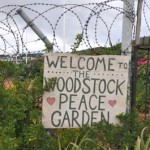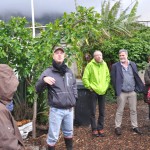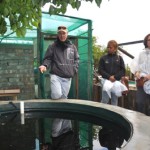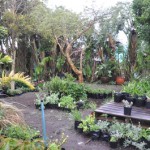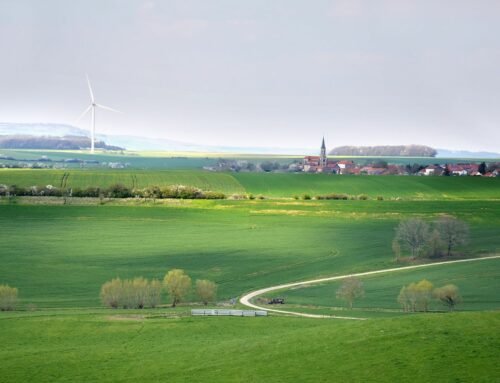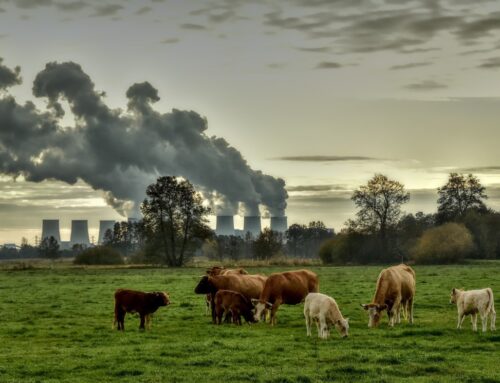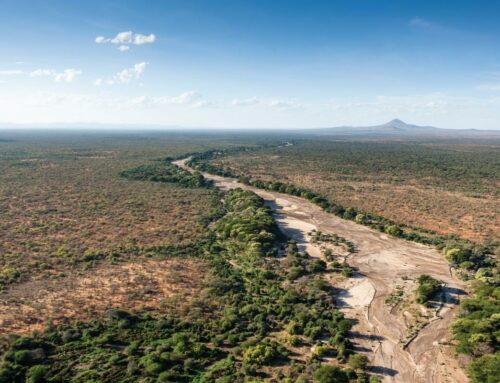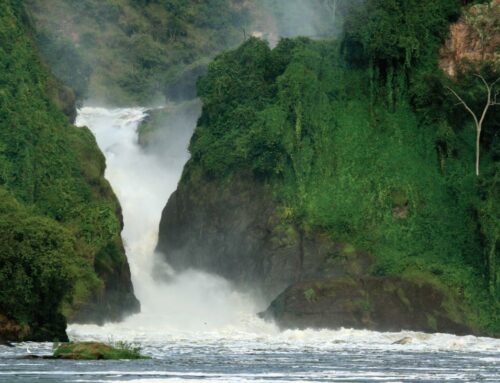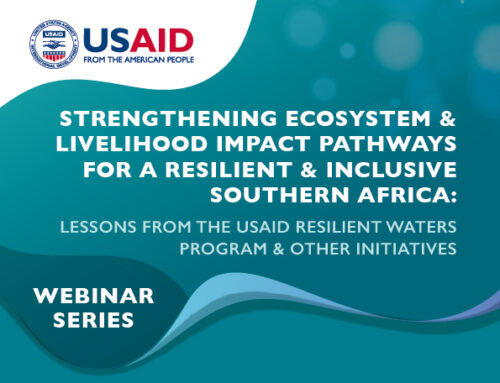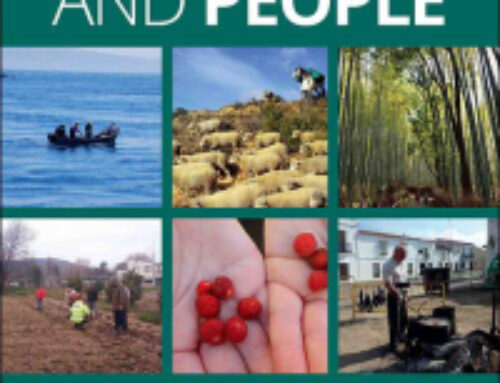We have entered a new geological era called the Anthropocene, where human actions that are characterized by an increase in connectivity, speed and mobility are profoundly influencing the functioning of the earth system. Arguably the challenges of living in the Anthropocene are too complex and intractable to be solved by scientists, policymakers or corporate business in isolation of one another. To tackle the problem of navigating the complex mix of intertwined social-ecological drivers, biophysical constraints and improved social conditions for all, the Programme on Ecosystem Change and Society (PECS) (an approved project of the Future Earth) hosted a Science-Policy-Practice Dialogue from 1–2 November 2015, at Hotel Verde in Cape Town, in conjunction with the first PECS international conference. This interactive dialogue event was co-hosted by the Southern African Program on Ecosystem Change and Society (SAPECS) with sponsorship from SwedBio a funding program at the Stockholm Resilience Centre in Sweden that acts as a knowledge interface to contribute to poverty alleviation, sustainable livelihoods, equity and human wellbeing through development towards resilient ecosystems and societies.
The dialogue focussed on “Opportunities for creating a Good Anthropocene in southern Africa”, and aimed to stimulate thinking and action around shaping visions of positive futures for the region that simultaneously meets ecological sustainability imperatives as well as pressing needs for human development and social justice. The dialogue was professionally facilitated and structured around in-depth break-out discussions of how these opportunities and challenges can connect to on-the-ground actions in government, business, NGO and civil society in the region. This dedicated science-policy-practice dialogue engaged with this broad set of stakeholders so as to foster substantive transdisciplinary engagement beyond academia. There were 60 invitation-only participants, with around 15 leading international and national scientists and 40 people from the policy, practitioner, business and civil society sectors in the southern African region. The focus was specifically on bringing together key scientists and “bridging” agents or “connectors”: people working at the science-policy interface, who are agents of change in the region and may be interested and inspired to take some of these ideas and insights generated at the dialogue into their domains of practice.
The dialogue featured four leading international thinkers who provided a diverse set of provocative perspectives on the challenges and opportunities for transformative social-ecological change in the southern African region. Dr Reinette (Oonsie) Biggs (Stockholm Resilience Centre, University of Stockholm and Centre for Complex Systems in Transition, Stellenbosch University) opened the dialogue with her presentation on ‘Seeds of Good Anthropocenes’ in which she presented the Future Earth Fast Track initiative, “Seeds of Good Anthropocenes”, which aims at exploring the potential for transformative, positive global and regional futures that go beyond the types of changes typically discussed in the sustainability arena.
On the second day Prof Bob Scholes (University of the Witwatersrand) spoke about the role and importance of using scenarios in the process of re-imagining different futures. He discussed the five scenarios that were developed by the Intergovernmental Panel on Climate Change (IPCC) and related to the participants what these findings could mean to think about different pathways for African futures. The third speaker, Dr Desta Mebratu (United Nations Environment Program (UNEP), Kenya) focussed on ‘Realizing Africa’s Leapfrogging Opportunity to a Green Economy’ and highlighted drivers of social transformation in the past and how such drivers play an important role in re-thinking how Africa should design key intervention strategies in the areas of food security, renewable energy systems, social innovation and technology regimes and distributed production systems so as to bring about transformation towards a green economy for Africa.
The last keynote speaker, Prof Lorenzo Fioramonti (Centre for Governance Innovation, University of Pretoria) spoke on ‘Why we need a horizontal economy to build a good Anthropocene in Africa’. In this very provocative contribution he argued that the current economic system is a growth obsessed, vertical economy in which centralised forms of production increase environmental and transportation costs artificially. If we want to combat the challenges of the Anthropocene, he suggested that we need to find alternative ways of valuing the economy than the widely-used Gross Domestic Product (GDP) indicator. He challenged participants to imagine how international politics could be affected by the adoption of a new set of indicators that could measure notions of well-being, prosperity, and sustainable development.
Hotel Verde provided a very inspiring setting as the greenest hotel in the world after it was awarded a second LEED (Leadership in Energy & Environmental Design) Platinum Green Building Certificate by the United States Green Building Council, making it the world’s only hotel to achieve double-platinum status. Participants were treated to a tour of the hotel whilst learning more about what ‘going green’ really means in a commercial and competitive setting. Exploratory visits to two other community based projects, the Woodstock Peace Garden and Greenpop Nursery provided participants with further insights into the challenges of the local context of the Western Cape and how social innovation projects that deal with the link between people and the environment could contribute to shaping positive visions of many plausible Anthropocene futures.
The keynote presentations can be viewed here: Policy Day Videos


